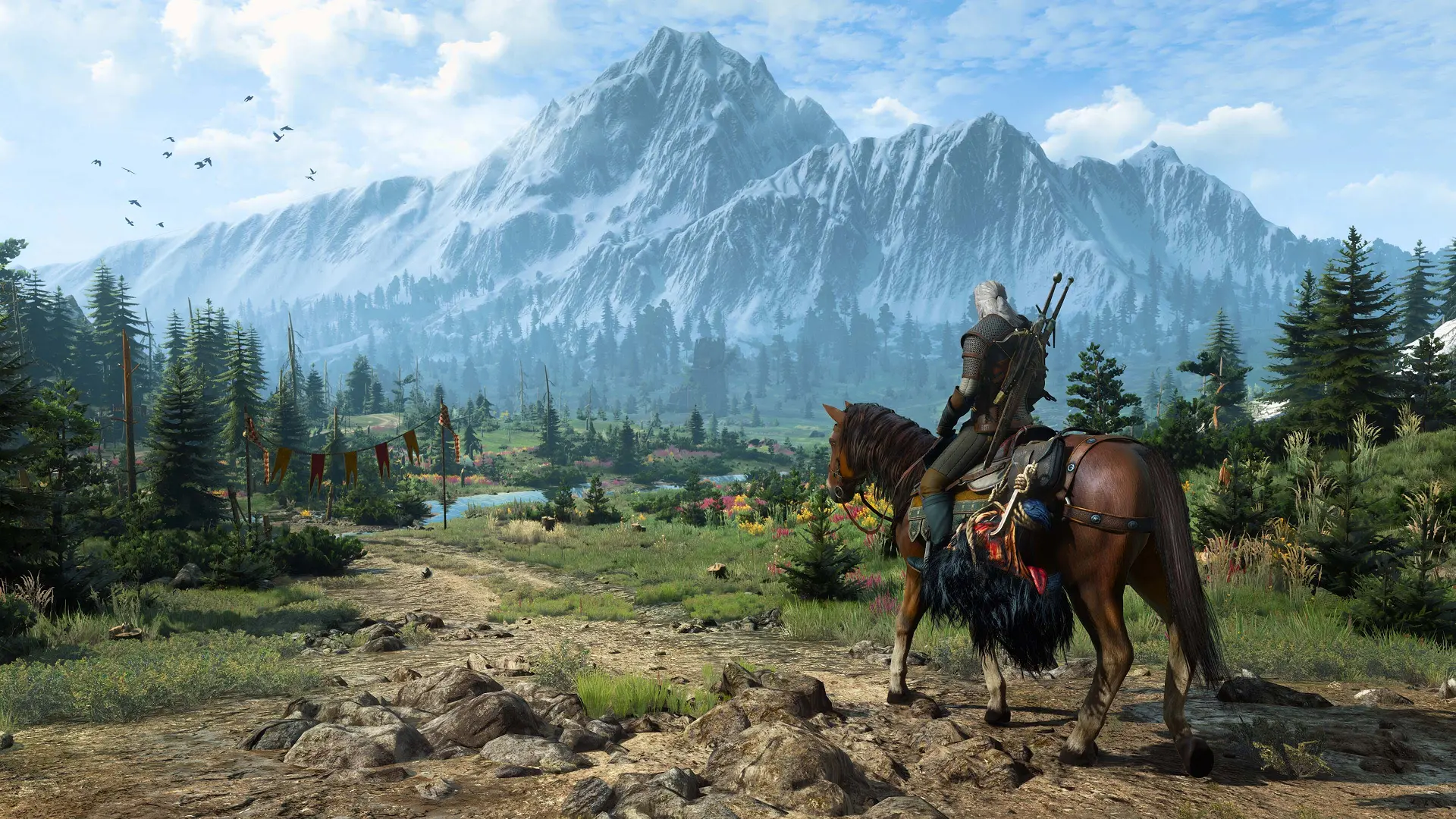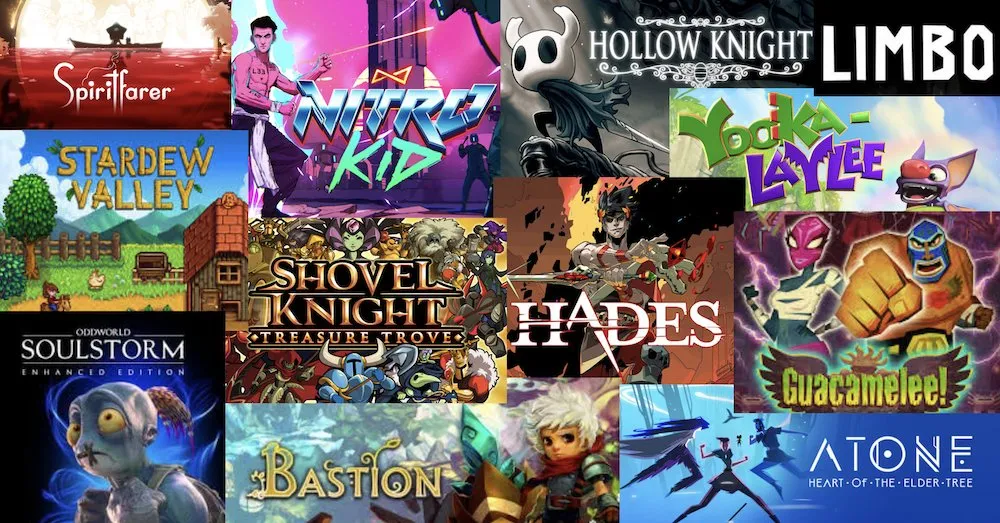How Player Driven Stories Are Changing In-Game Narratives
Have you ever wondered what would have happened if you had chosen a different path in a game? Said the wrong line, saved another character, or went left instead of right? Questions like these are happening more frequently, and not just to you. Players today want not just to participate in the plot, but to influence it. And games are starting to change. Very noticeably.
Today, people often utilize AI for storytelling purposes. AI Platforms appear where you can create your own stories, without knowledge of programming and game engines.
For example, one of the most popular online services Talefy AI helps people to write their own plots with forks and choices, read stories by other authors, communicate with characters like in a chat, and use AI as an assistant.

It will suggest ideas, develop a dialogue, and help with conclusions. This is a kind of interactive writers’ club.
Only, instead of books, living stories, where the plot changes before your eyes. The platform is suitable for those who just want to read and for those who want to write. If you are special, you always tell your story – and give someone else a role in it.
Read: 10 Best 27-inch Gaming Monitors in 2025
When the plot dictated the rules
Earlier, everything was simple: the developers wrote a script, and the player went through it. It was exciting, but strictly according to plan. First, a mission in the city, then a cutscene, then a boss. And so on until the final credits.

But at the same time, players began to ask themselves: why not give us a choice?
Check: Best Gaming Notebook Guide 2025
The developers answered. Interactive stories are now in fashion, where your actions influence the course of history. Not just “press a button — blow up a tank,” but “talk to a character differently, and he disappears from the game forever.”
Why is it so gripping?
What becomes truly important is what you do. Your story is your responsibility. made a difficult decision? It will have consequences. Feel sorry for your enemy? He may betray you later. Or, on the contrary, save you at the most unexpected moment.

Have you noticed yourself sitting in front of a choice in a game and unable to write? The words that both phones are not perfect. One is honest, but sick. The other is safe, but unfair. Here it is, interactivity in action. It turns the game into an experience. Almost like in life.
Where the player is already just a hero, a co-author
Games like The Witcher 3, Life is Strange, or Detroit: Become Human have become new benchmarks. In them, you can’t just “beat the game” – you live it. Each player sees their own version of the plot.
Read: Witcher 4 Release Dates
You decide who to love, who to betray, and who to save. Conversations, scenes, endings, everything is tailored to you. This is not an illusion of choice, but a real feeling: “My story depends on me.”

Independent games and experiments in the form
Large studios like BioWare and Quantic Dream are already making interactive stories. But in reality, the real revolution is being organized by indie developers.
Remember 80 days, where you travel around the world, and each route is a new story. Or Heaven’s Vault, where even the language in which you translate ancient phrases affects the understanding of the plot.

Here are the forms of interaction that are actively developing now:
- message games, where you communicate with a real person (for example, Simulacra);
- visual novels, where the choice affects the fate of the heroes;
- text adventures that react to freely written text (and not just buttons).
Yes, such games are often simple on the outside, with little graphics, a small budget. But inside, they have a soul. You remember them longer than many blockbusters.
Recommended: 10 Best Prebuilt Gaming PC
What awaits us next?
And now a really interesting question: what will happen to interactive stories tomorrow? Most likely, even more personalization. Artificial intelligence is already starting to participate in creating dialogues, descriptions, and plot twists. But the key is not in AI, but in your influence on what is happening.
Imagine a game where:
- The plot is under security under your play style.
- The characters remember how you spoke to them,
- The story is created anew every time.
Maybe soon such games will not be an exception, but a rule. Where each playthrough is like a new book. And no one but you has read it.
Interactive stories are not only games
And yes, it is important to understand: this revolution affects not only gaming. Choices and forks have appeared in books, TV series, and podcasts. Remember at least “Bandersnatch” from Netflix. Or the same interactive novels in mobile applications. The world has come to love influence. Not just to watch, but to participate. Don’t just read, but decide. Because each of us has our own values, our own views, our own history.

Interactive stories are not only changing games — they are changing the very perception of the plot. We are no longer just viewers or players. We are becoming participants, co-authors, sometimes even directors of our own worlds. And this is not a passing trend, but a logical step in the development of digital storytelling.
The future belongs to games that talk to us. That does not dictate, but suggests. Those do not repeat themselves, but live their own life, depending on our choices. Where every dialogue, every path, every “what if…” matters. Interactive stories do not just entertain. They allow us to live someone else’s life and better understand our own. And perhaps this is the most important discovery that the new era of storytelling brings us.


![The Evil Within 3 Release Date, Trailer & Rumors [2025] 13 The Evil Within 3 Release Date, Trailer & Rumors](https://blog.omggamer.com/wp-content/uploads/2025/10/The-Evil-Within-3-Release-Date-Trailer-Rumors.jpg)

![Ark 2 Release Date, System Requirements & Rumors [2025] 15 Ark-2-vin-diesel](https://blog.omggamer.com/wp-content/uploads/2025/10/Ark-2-vin-diesel.jpeg)
![Guilty Gear Xrd Tier List [November] 2025: Characters List 16 Guilty-Gear-Tier-List-Online](https://blog.omggamer.com/wp-content/uploads/2025/10/Guilty-Gear-Tier-List-Online.jpg)
![PlayStation 6 Release Date, Features, Trailer, Rumors [PS6] 17 PlayStation 6 Release Date, Specifications & Rumors](https://blog.omggamer.com/wp-content/uploads/2025/10/PlayStation-6-Release-Date-Specifications-Rumors.jpg)



